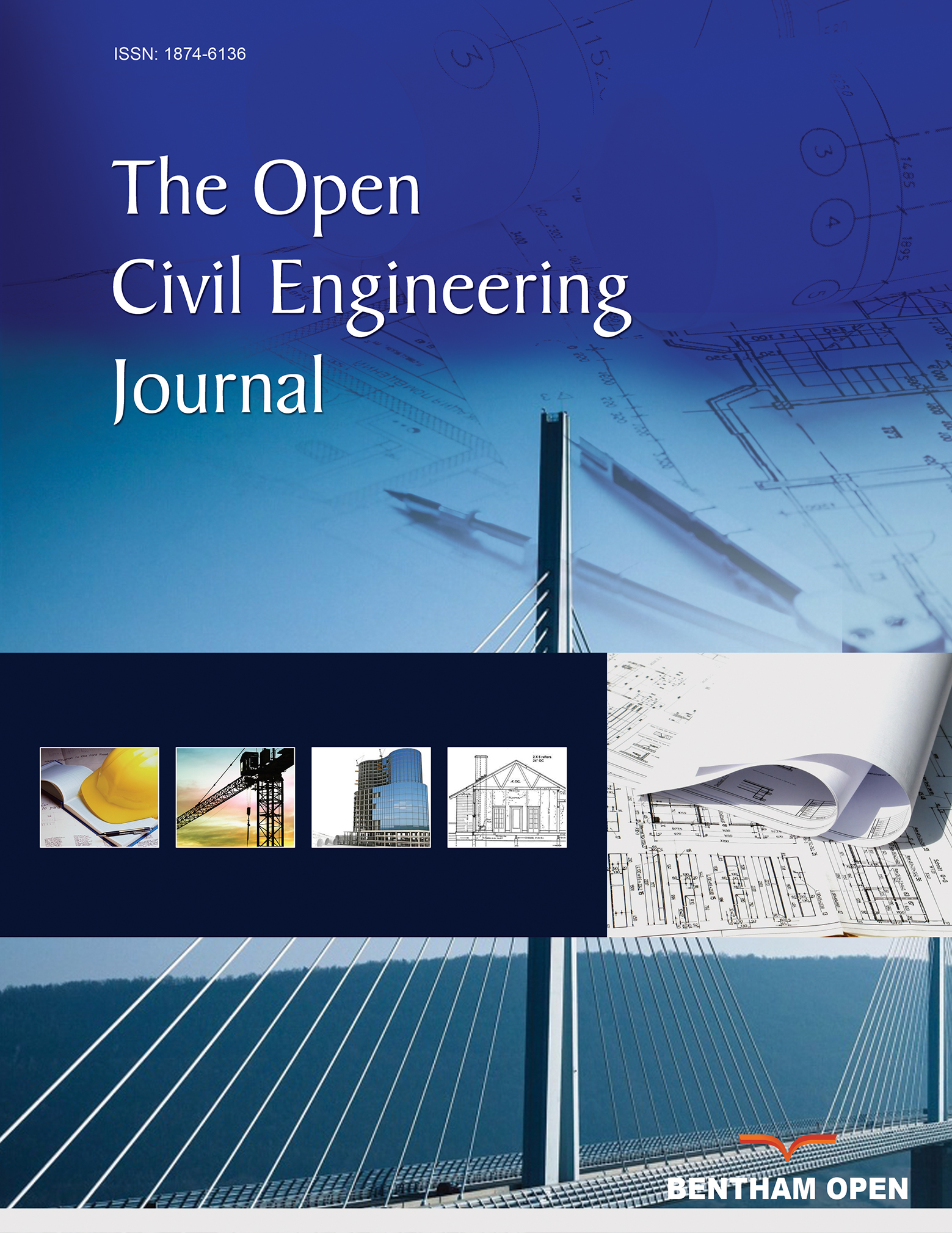All published articles of this journal are available on ScienceDirect.
Advancing Tunnel Construction Reliability with Automated Artificial Intelligence under Geotechnical and Aleatoric Uncertainties
Abstract
Aims
This research seeks to improve the reliability and sustainability of tunnel construction by employing automated AI techniques to manage geotechnical and aleatoric uncertainties. It utilizes machine learning models, including Gradient Boosting Machines (GBM), AdaBoost, Hidden Markov Models (HMM), and Deep Q-Networks for Reinforcement Learning, to predict and reduce environmental impacts. The effectiveness of these algorithms is assessed using various performance metrics to demonstrate their impact on enhancing tunnel construction processes.
Background
While tunnel construction is vital for modern infrastructure development, it poses significant environmental challenges. Traditional methods for assessing environmental impacts often rely on manual techniques and overly simplistic models that fail to consider the complex interactions and inherent uncertainties of geotechnical and aleatoric factors. This research aims to overcome these limitations by applying automated AI techniques, particularly machine learning algorithms, to more accurately predict and mitigate environmental impacts.
Objective
The goal of this study is to increase the reliability and sustainability of tunnel construction by using AI-based methods to address both aleatoric and geotechnical uncertainties. It focuses on deploying machine learning algorithms such as GBM, AdaBoost, HMM, and Deep Q-Networks for Reinforcement Learning to forecast and manage negative environmental impacts. The algorithms' performance is measured against various criteria to demonstrate their effectiveness in optimizing construction outcomes.
Methods
The research applies machine learning techniques, including GBM, AdaBoost, HMM, and Deep Q-Networks, to enhance tunnel construction's reliability and environmental sustainability. These models are designed to predict and mitigate environmental impacts while accounting for geotechnical and aleatoric uncertainties. The models' effectiveness is evaluated using metrics like accuracy, precision, recall, F1 score, log loss, mean squared error (MSE), log-likelihood, cumulative reward, convergence rate, and policy stability, indicating substantial improvements in construction practices.
Results
The study shows that using machine learning algorithms significantly enhances tunnel construction reliability and sustainability. GBM achieved a high accuracy of 0.92 and an F1 score of 0.90. Additionally, Deep Q-Networks for Reinforcement Learning effectively identified optimal construction strategies, resulting in a cumulative reward of 950. These outcomes highlight the capability of AI methods to address uncertainties, leading to safer, more resilient infrastructure development.
Conclusion
The findings of this research suggest that integrating machine learning algorithms, such as GBM, AdaBoost, HMM, and Deep Q-Networks, substantially improves the reliability and sustainability of tunnel construction projects. These AI approaches effectively manage geotechnical and aleatoric uncertainties, with GBM providing high predictive accuracy and F1 scores and Deep Q-Networks optimizing construction strategies. Adopting these technologies could result in safer, more sustainable, and resilient infrastructure, underscoring their potential for transforming tunnel construction practices.


